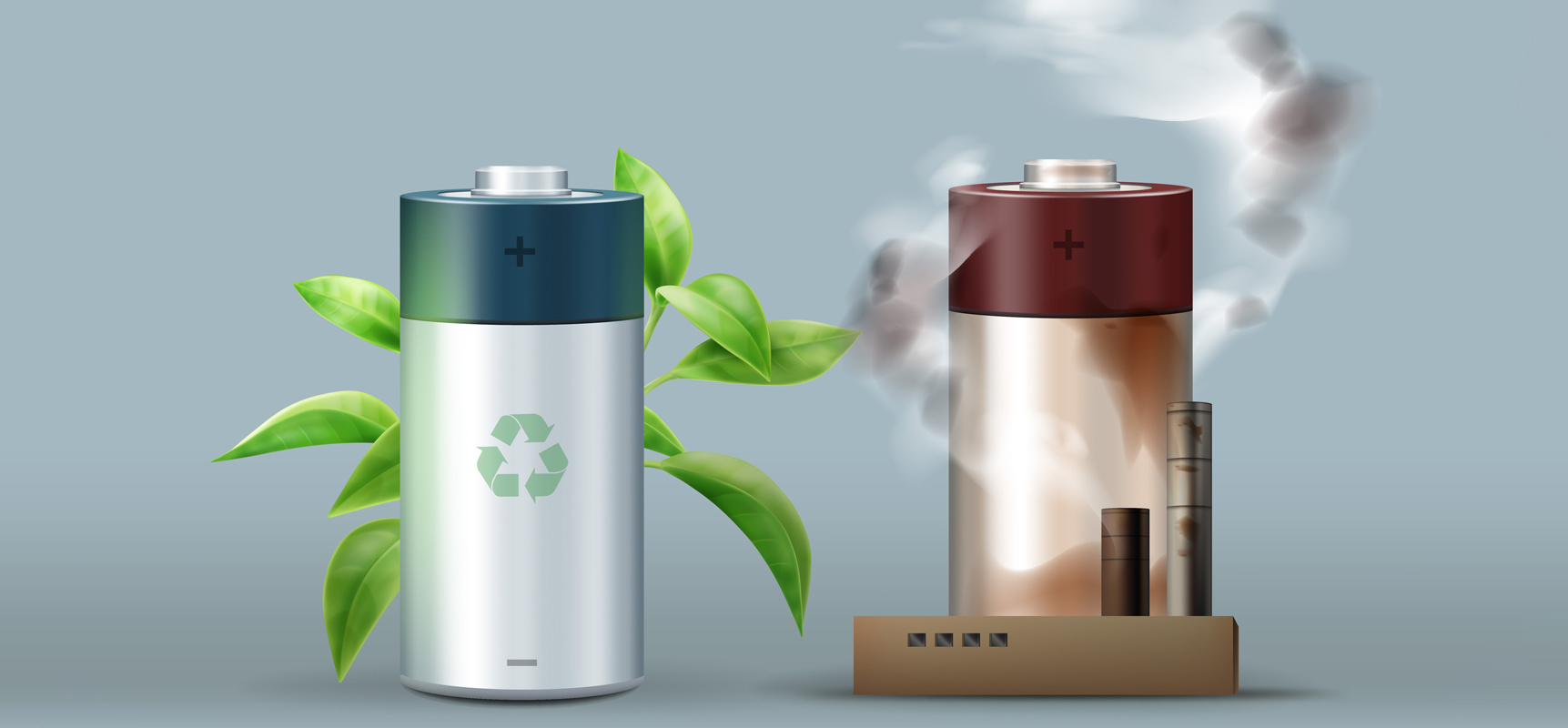Cost reduced by 30%! Why haven't sodium batteries replaced lithium batteries?
Jun 14, 2024
In recent years, most of the fires in related energy storage power stations are caused by lithium battery explosions.
If lithium batteries are so unsafe, why do we still use them? The reason is simple. From the perspective of comprehensive performance, lithium-ion batteries are still the best of all current battery technologies.
With the continuous emergence of new battery technologies, sodium batteries have gradually entered the public eye. In contrast, sodium batteries are much safer than lithium batteries. In tests such as overcharge, overdischarge, short circuit, and needle puncture, they can avoid fire and explosion.
Safe and cheap, they can avoid most energy storage power station accidents. Why haven't sodium batteries replaced lithium batteries?
What are sodium-ion batteries? What are the advantages?
The working principle of sodium-ion batteries is very similar to that of lithium-ion batteries:
During charging, the sodium ions released from the positive electrode of the battery reach the negative electrode material through the electrolyte. At the same time, electrons enter the negative electrode through an external circuit to ensure the balance of positive and negative charges. During discharge, the situation is the opposite. Electrons enter the positive electrode from the negative electrode through an external circuit, generating current to drive the electrical device.
The important difference between sodium and lithium batteries is that the reserves of sodium in the earth are far greater than those of lithium. The content of sodium in the earth's crust is 2.27%, which is the fifth most abundant metal in the earth's crust, second only to aluminum, iron, calcium and magnesium, while the reserves of lithium are less than one thousandth. Therefore, when it is put into industrialization, the cost of sodium-ion batteries will be much lower than that of lithium batteries.
In addition, sodium-ion batteries also have significant advantages in safety. Since the internal resistance of sodium-ion batteries is slightly higher than that of lithium-ion batteries, when the circuit fails, the instantaneous heat is less, which can reduce the probability of battery fire in the event of an accident.
Why are sodium-ion batteries not widely used?
Sodium-ion batteries are low in cost and high in safety, but they have never been widely used. What has become the shackles of their development?
1. The energy density of sodium-ion batteries is low. It is only 100-150Wh/kg, while the energy density of lithium batteries is 120-180Wh/kg. This means that for batteries of the same size, sodium-ion batteries can store much less energy than lithium-ion batteries.
To put it more simply, this makes the "endurance" effect of sodium batteries in new energy vehicles and energy storage power stations not as good as that of lithium batteries, and it is far from meeting the daily needs of all aspects. This is a major point that needs to be overcome for the popularization of sodium batteries.
2. The number of cycles of sodium-ion batteries is relatively low, usually more than 2,000 times, while the cycle life of lithium batteries is usually more than 3,000. The number of cycles is related to the service life of the battery. No one wants to use a product whose battery has deteriorated severely, so it is difficult to be widely accepted in engineering applications.
3. The industrial chain is immature. The industrial chain supplier system of positive and negative electrode materials, electrolytes, etc. of sodium-ion batteries has not yet formed a scale, the upstream prices are relatively high, and the cost advantage cannot be shown.
In the field of energy storage systems, especially in the field of wind power generation, sodium-ion batteries have great potential. The power generation of renewable energy such as natural wind energy is unstable. The power system requires high stability, which means that wind power cannot be directly connected to the grid, and a large battery pack is needed as a wind power "buffer". Sodium-ion batteries are small in size, light in weight, and low in cost, which can make energy storage systems more compact and energy-saving, and make more effective use of renewable energy.